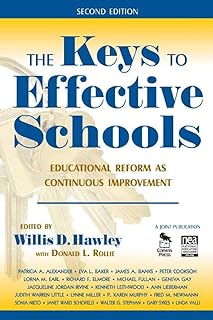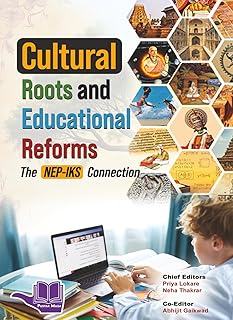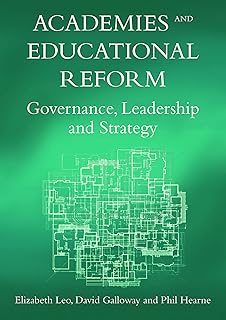The release of the National Education Policy (NEP) in 2020 marked a significant overhaul of India’s education policy after 34 years. Despite this, most of its recommendations remain unimplemented even four years later. The pressing need for educational reform is underscored by the alarming learning deficits in Indian schools, as highlighted in the Annual Status of Education Report (ASER) 2022.
The report reveals that a large proportion of students lack fundamental skills, indicating a crisis in the education system. Recent incidents of child safety breaches in schools have further exacerbated concerns about the overall well-being of students. These issues go beyond academic performance, reflecting deeper systemic challenges that require comprehensive solutions.
The NEP acknowledges the need for governance restructuring to address these systemic issues effectively. It proposes the establishment of the State School Standards Authority (SSSA) as an independent regulatory body to ensure accountability for children’s learning outcomes. By setting clear quality standards and monitoring student performance, the SSSA aims to enhance educational quality across schools.
Moreover, the NEP aims to mitigate conflicts of interest by separating the regulatory function from the Department of Education (DoE), which currently oversees both government and private schools. This consolidation of regulatory oversight under the SSSA is intended to streamline school governance, promote fair competition, and improve educational standards.
While several states and the central government have taken steps to implement the SSSA, there are concerns about potential external influences on regulatory decisions. It is crucial for the SSSA to function autonomously, free from political or industry pressures, to ensure impartial regulation focused on public welfare.
Activists and legal experts emphasize the importance of establishing the SSSA as a statutory body with defined powers, transparent decision-making processes, and diverse stakeholder representation. Learning from past policy failures like the Right to Free and Compulsory Education Act, the SSSA must prioritize practical norms, financial transparency, and ongoing monitoring to drive meaningful change in the education sector.
With India’s significant youth population, the successful implementation of the SSSA is vital to providing quality education to all children. The NEP’s vision for educational reform through the SSSA offers a promising pathway to address the systemic challenges plaguing the education system. Timely action and diligent governance are imperative to translate these recommendations into tangible improvements in the educational landscape.
As stakeholders continue to advocate for effective governance structures and rigorous oversight in the education sector, the focus remains on ensuring that the SSSA fulfills its mandate to enhance learning outcomes, foster equitable standards, and safeguard the well-being of students across India.
📰 Related Articles
- London Stock Exchange Faces Exodus Crisis, Urgent Reforms Needed
- Victoria’s Education Reforms Elevate Teaching Quality and Standards
- University of Nevada Students Explore South Korea’s Education System
- US Faces Risk of Losing International Students Amid Policy Uncertainty
- UK Faces Rising Lithium-Ion Battery Fire Risks, Urgent Action Needed






